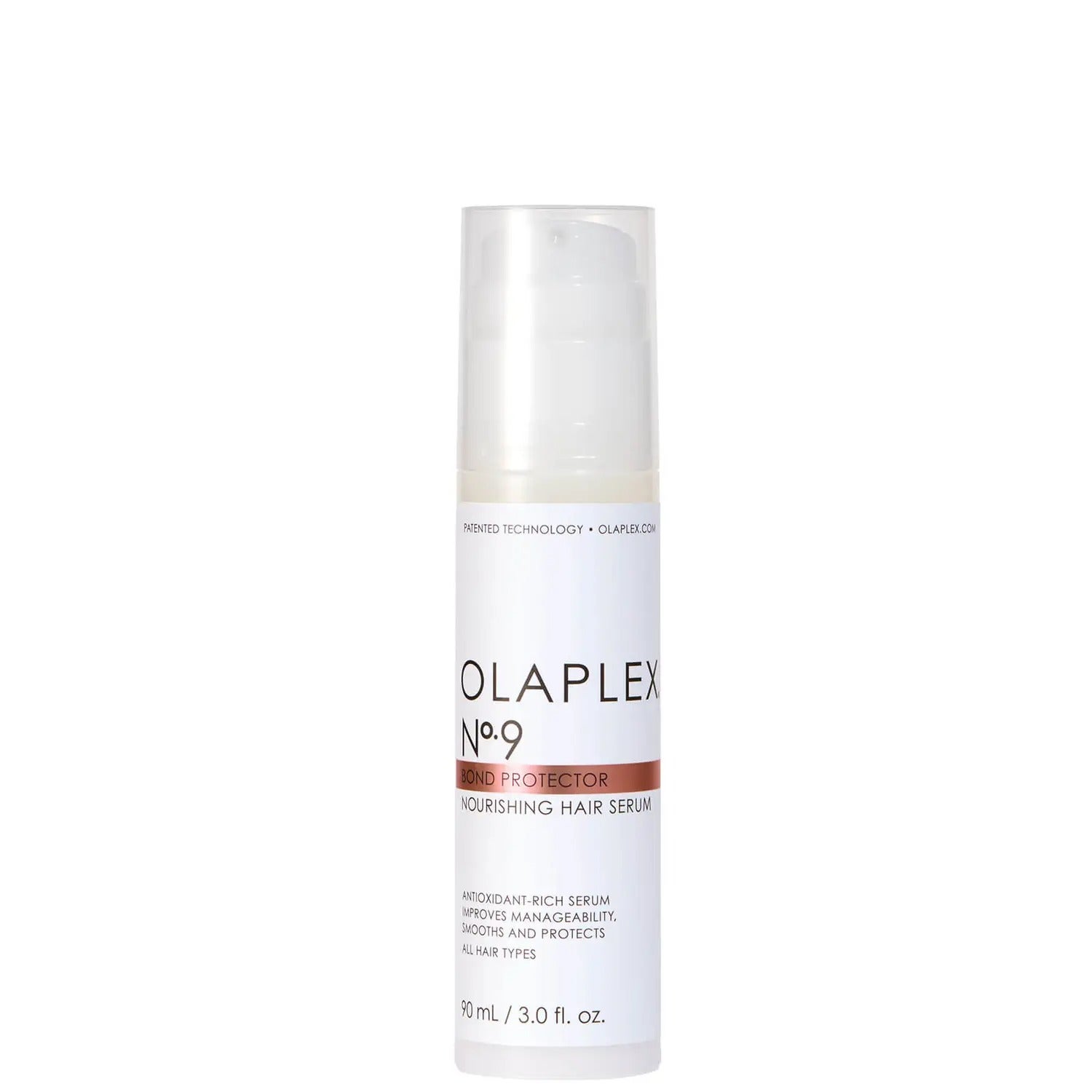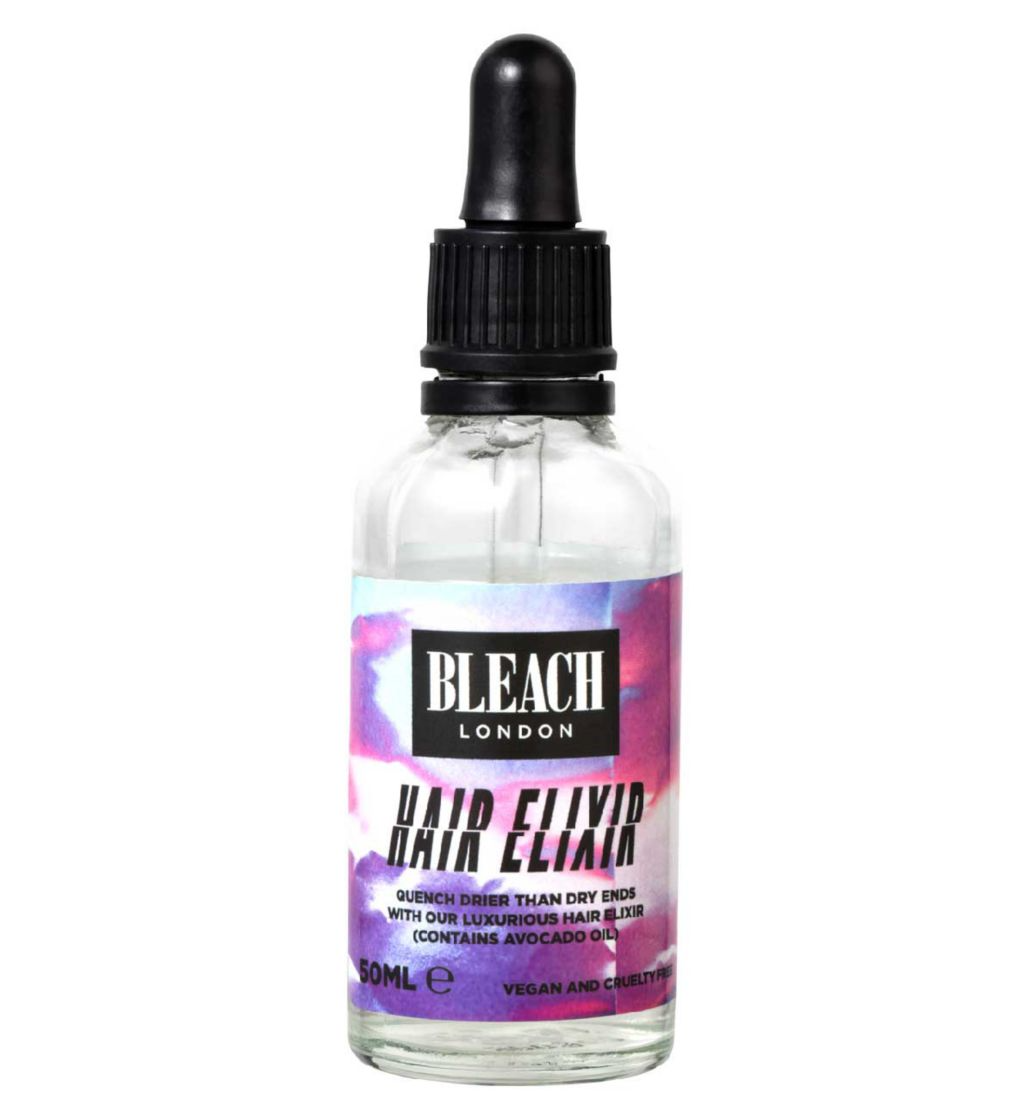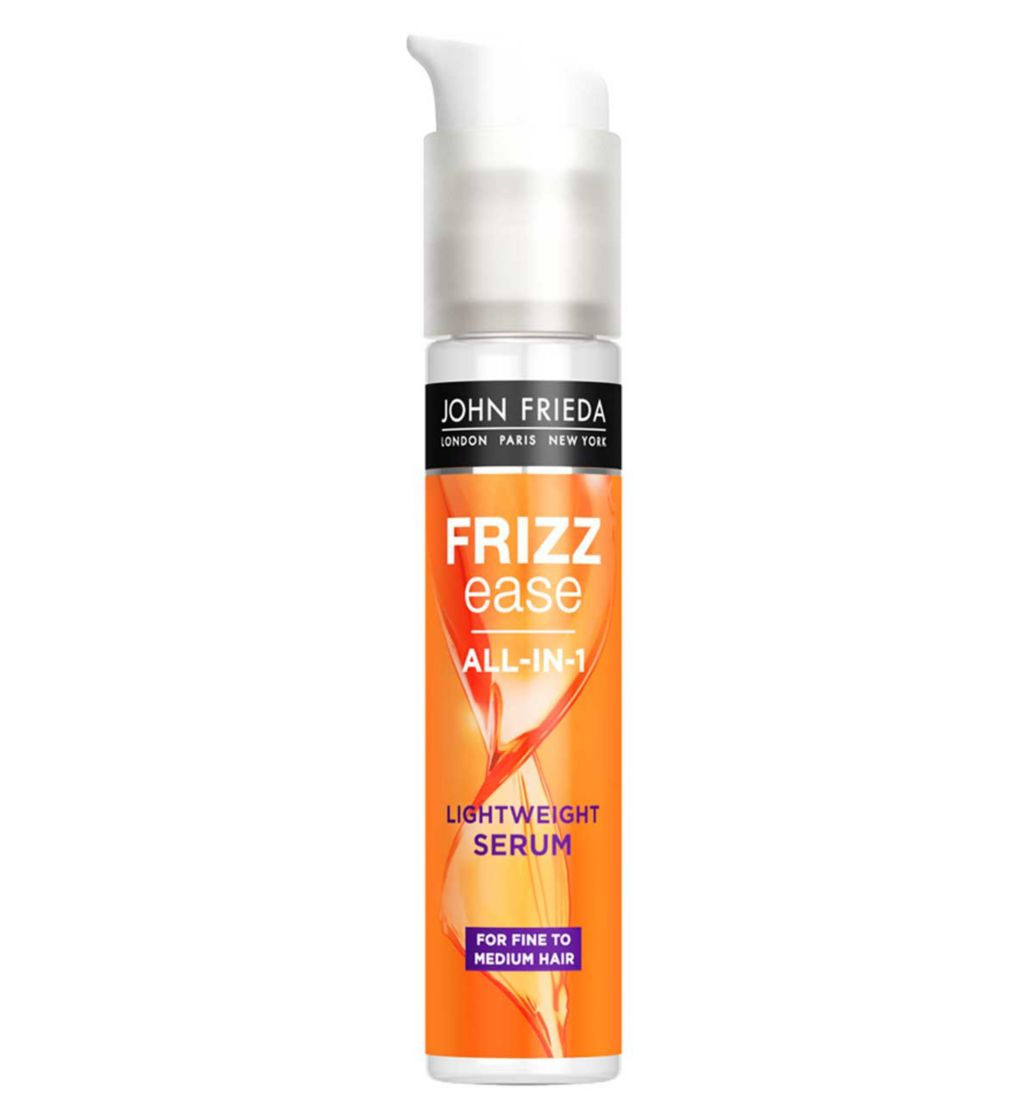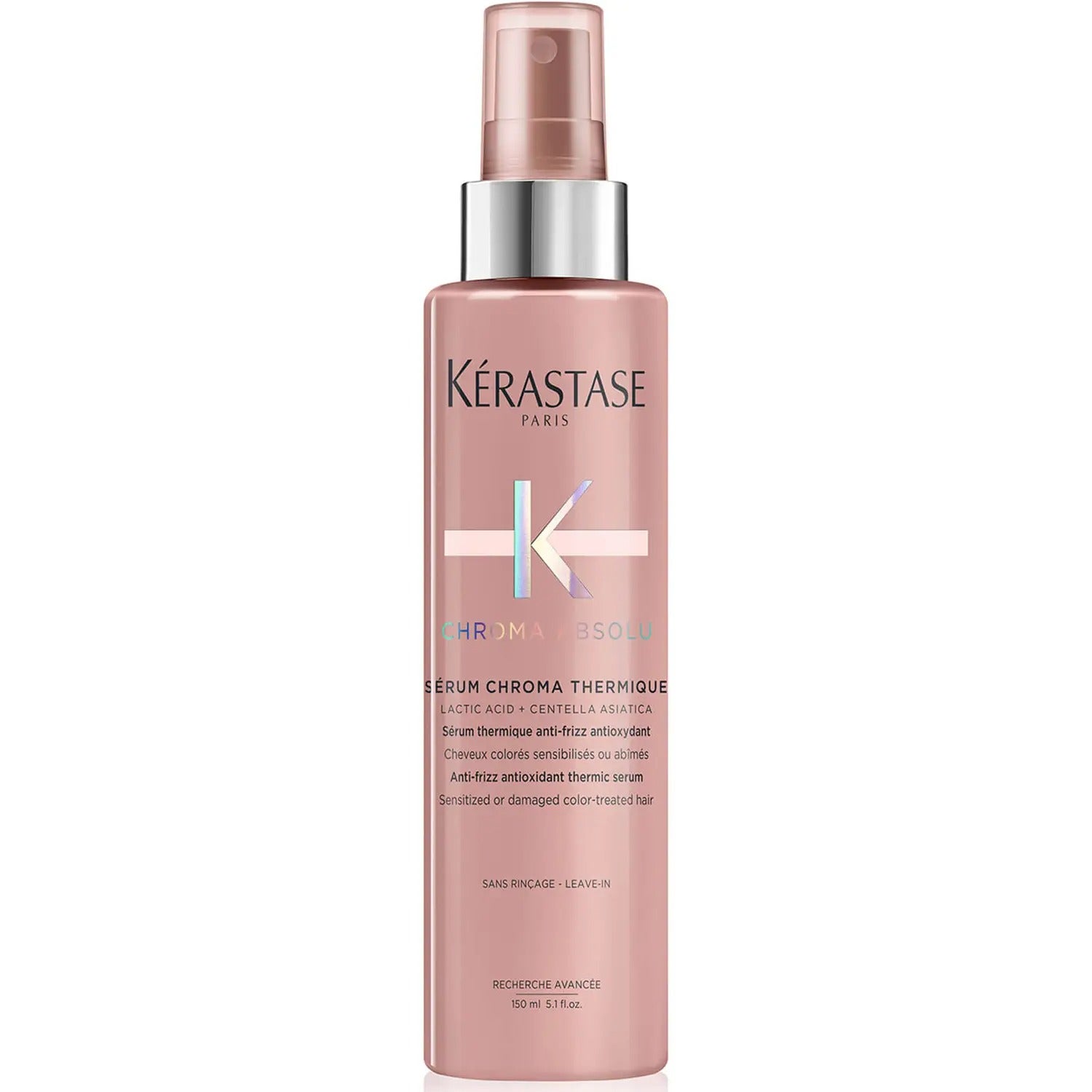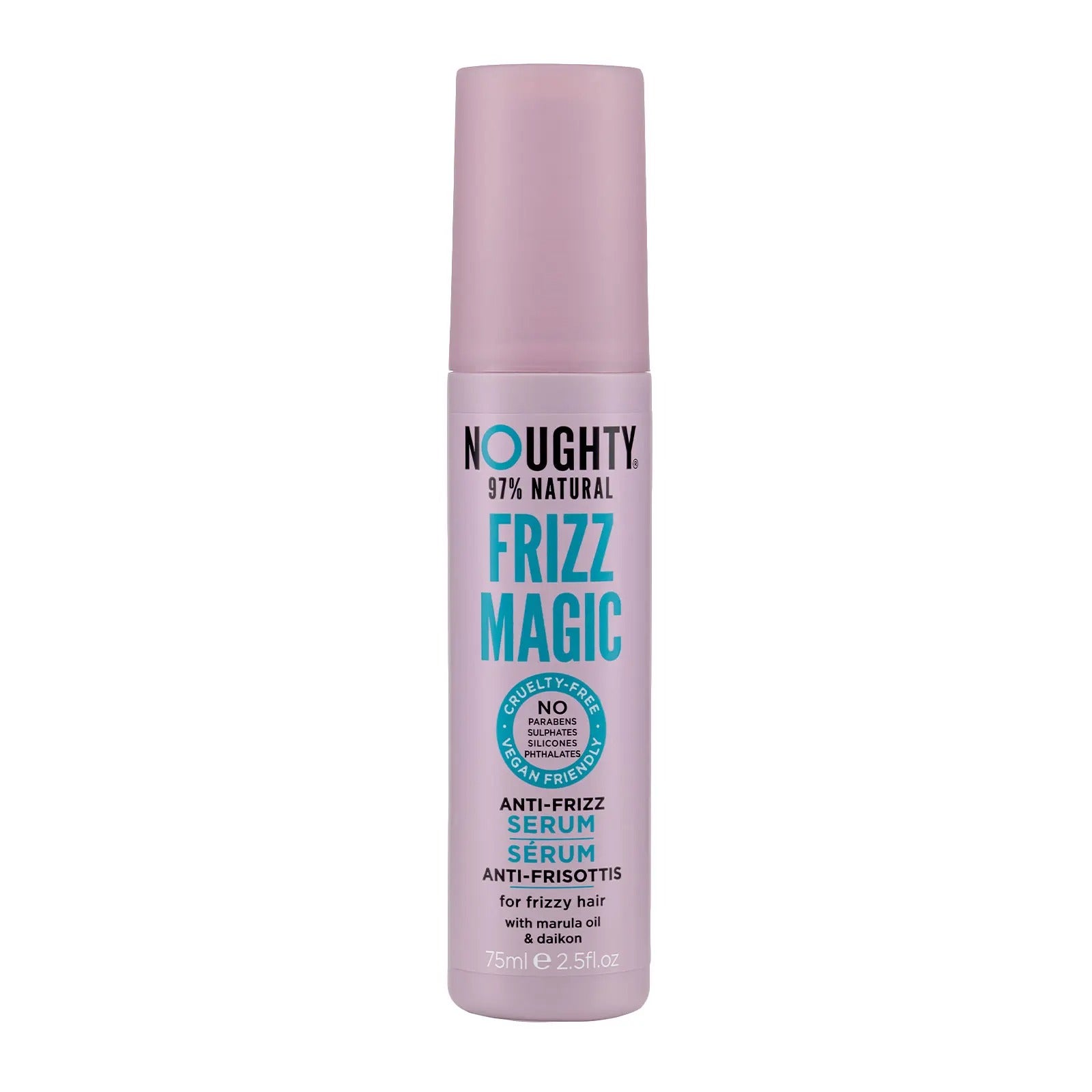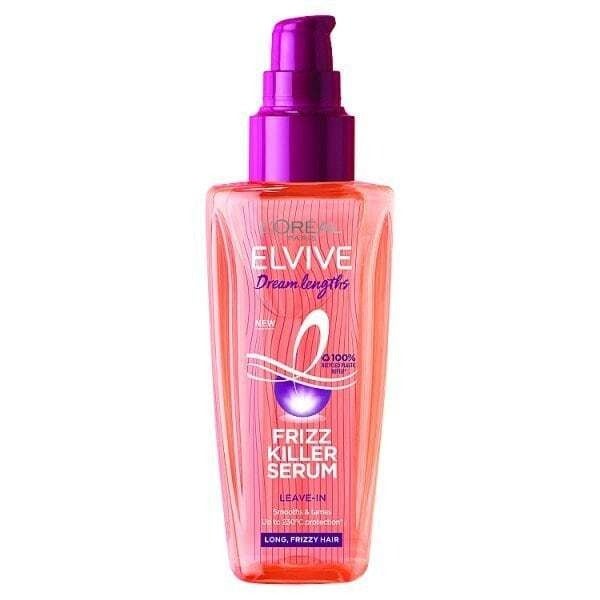This Clever Shower Trick Will Condition Dry, Frizzy Hair
Photographed by Refinery29
From regular colouring and harsh weather, to relying heavily on heated styling tools, there are many reasons why your hair might be dry, damaged and frizzy. Even if you're using hair serum you might find it's still lack lustre. But according to experts, the way you wash your hair has an effect on its appearance, split ends and manageability.
"Every time you wash your hair, even if you haven’t dyed it, there is always a process of damage taking place," explains Peter Bailey, Unilever's global technical manager. "When we look at a dry hair fibre, the cuticle edges are all flat, but in water, this fibre swells by about 30%." With normal hair, it’s not that much of a big deal, but with coloured or chemically straightened hair, it becomes one. "This is because the protein can escape," continues Peter, "which creates holes in the hair, and this is what causes the hair to break."
AdvertisementADVERTISEMENT
As well as breakage, this damage manifests itself in split ends, fluffiness and fast colour fade. You might already be on board with hot oil remedies and shine treatments, but according to Peter, your humble hair serum has the ability to protect and repair, even more so when used on dry hair pre-shampoo.
"Hair serum is usually seen as a finishing product," says Peter, "but it works well when applied before you wash your hair. Take a few drops in your hands, coat the surface and simply run it through. Some of the product will come out in the wash, but a lot of it doesn’t, and what isn't washed away stays within the cracks and smooths the hair surface. This adds a level of protection to the hair when you’re washing. I liken the hair strand to a scratched table. When you’re repairing it, you pile on the polish but you remove 99% of it, and what’s left plugs the gaps and leaves you with a nice polished surface."
Unlike the process of applying a conditioner before shampoo, an initial rinse isn't required when using a serum, so hair spends less time in water and therefore is less likely to swell and end up prone to damage. Whether you want to follow with a conditioner or a hair mask is up to you. "Applying serum before shampooing is especially useful if you’re worried about making your hair greasy after washing," Peter continues.
To prevent further in-shower damage, Peter suggests opting for a shampoo with a mild surfactant system. This doesn't mean sulphate-free, just less lather. Interestingly, Peter doesn't buy into the idea that sulphates are bad. "You’ll cause less swelling to the fibre if you have a milder system. Contrary to popular belief, gentle cleansers will take the grease off the surface. This isn’t so important when your hair is untreated, but if it is keratin straight or coloured, you have actually damaged the internal structure of the hair fibre." So opting for kinder shampoos can protect and prolong both colour and treatments.
AdvertisementADVERTISEMENT
It's also super important to towel dry as gently as possible. "As you towel dry, you’re chipping off the cuticle," continues Peter. "When hair is coloured, this is multiplied tenfold and it’s much more likely to cause damage. You’re not going to avoid washing your hair, as it’ll become dirty, but it’s all about going through the process in a gentle, caring way." R29 recommends investing in a towel which is going to absorb water and keep frizz on lockdown. Try Aquis Lisse Luxe Hair Towel.
And if your hair is curly, take hairstylist Larry King's advice and try not to touch it when drying. "The moment you start touching it is when it goes frizzy," Larry told R29. Simply tip your head upside down and let your hair fall into the diffuser. "I always suggest putting one hand in your pocket and letting the diffuser do everything."
Refinery29's selection is purely editorial and independently chosen – we only feature items we love! As part of our business model we do work with affiliates; if you directly purchase something from a link on this article, we may earn a small amount of commission. Transparency is important to us at Refinery29, if you have any questions please reach out to us.
AdvertisementADVERTISEMENT







